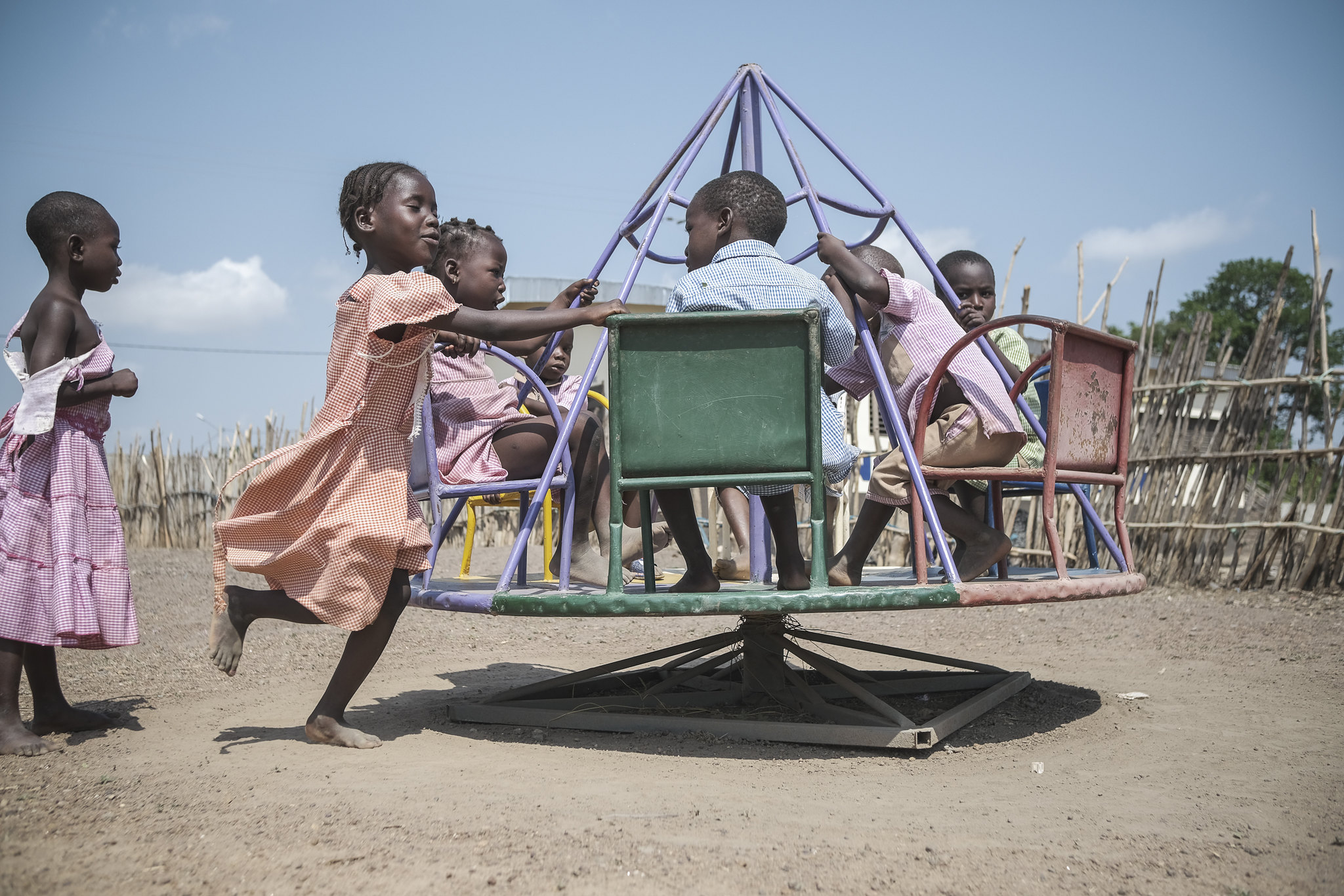
In the context of its extension until 2027, the Global Partnership for Education (GPE) Knowledge and Innovation Exchange (KIX), a joint endeavour with Canada’s International Development Research Centre (IDRC), is offering costed extensions to a selection of current applied research projects. Following a competitive process, The Inclusive Home-based Early Learning Project is one of those selected.
Background
Investments in quality early childhood care and education (ECCE) provide a strong base for children’s learning abilities and lifelong learning trajectories. While quality ECCE interventions exist, these are often not prioritised in lower- and middle-income countries, proving particularly disadvantageous for marginalised children.
This project is adapting, testing, and scaling the inclusive home play-based early learning project (IHELP) in Kenya, Uganda, and Zimbabwe. This model emerges from evidence about three common ECCE models: the home-based, centre-based, and play-based models. While these models have shown great success in improving learning outcomes for young learners, they do not explicitly address children with disabilities and children from extremely poor households unable to attend ECCE centres. In response, this project is building evidence on the effectiveness of a hybrid approach to early learning, encouraging teachers and parents to support learning in both the home and the classroom – particularly for students with disabilities – through enriched sensory experiences.
Results to date
The evidence base for play-based learning this project is building supports both policymakers and the community. For example, the introduction of home-based centres that encourage the enrolment of children with special needs has helped make data on this group of children available to officials for the first time. In the Kalaki district in Uganda, officials have now designated IHELP’s home-based centres as primary data collection points. In communities that do not have access to formal schooling, parents who have been involved with IHELP have provided spaces within their compounds, developed learning and play resources for children, and lobbied the community to ensure children access them.
Upcoming Plans
Currently, the project is working with 32 ECCE centres, and with the positive response it has received from community stakeholders, it will open 10 additional centres. The extension will also allow for the study of ECCE centres that local communities have created for themselves based on their experiences engaging with IHELP. The project will continue to strengthen the capacity of families, communities, teachers and policymakers by actively engaging them as co-creators and leaders in these models rather than passive participants. It will continue to strengthen national and regional knowledge-sharing capacities to ensure that the needs of students with disabilities are met. To further adapt the IHELP model, the extension will also focus on incorporating school-readiness material into its approach, ensuring the best possible learning outcomes.
Further details on the project and updates can be found here.
